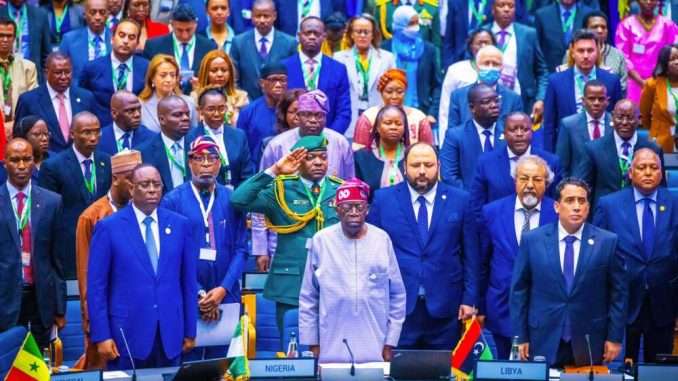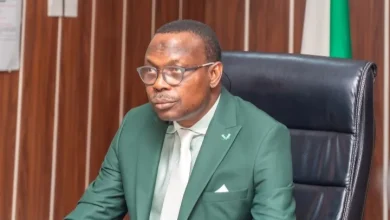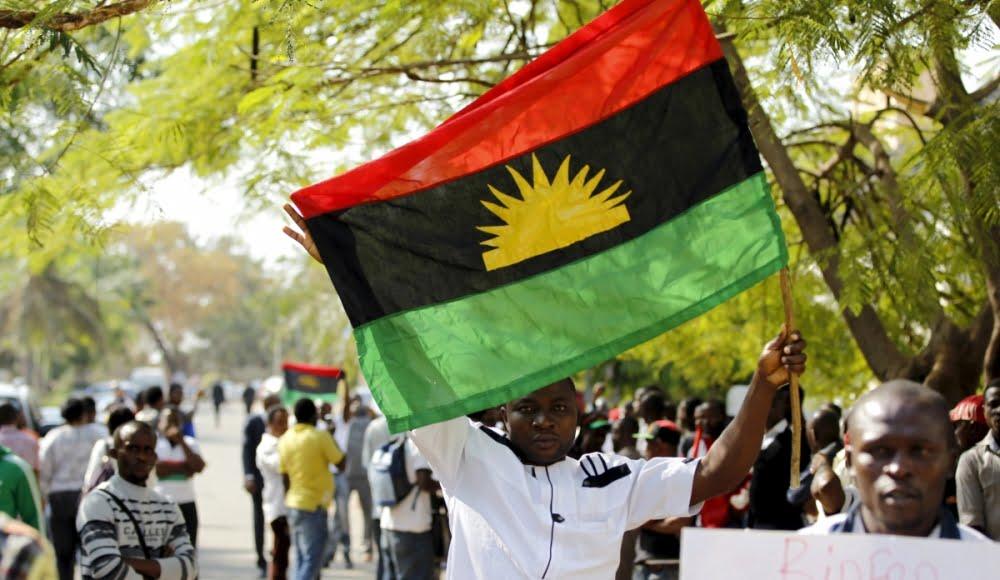
In a bold move at the 38th Ordinary Session of the African Union (AU) Heads of State and Government Summit in Addis Ababa, Ethiopian President Bola Tinubu has firmly rejected the proposal to create a new department from the African Union’s existing Department of Political Affairs, Peace, and Security (PAPS).
Tinubu argued that splitting this vital department could destabilize the AU’s efforts in political affairs, peace, and security, and create unnecessary financial burdens.
In a statement delivered by Nigeria’s Minister of Foreign Affairs, Yusuf Tuggar, on Tinubu’s behalf, the President expressed his concerns that such a reconfiguration of the PAPS would undermine the continent’s political cohesion and create redundancy in the AU’s already complex structure.
“We cannot afford to destabilize the AU’s political framework with an unnecessary division of responsibilities,” President Tinubu said. “This proposal will only lead to more expenditure with little to no benefit.”
The proposal to split the department came shortly after Nigerian diplomat Mr. Bankole Adeoye’s re-election as head of PAPS.
Tinubu emphasized that proposals not previously discussed with AU Member States should not be included in the reform process, highlighting the need for inclusiveness and transparency.
While rejecting this specific proposal, President Tinubu praised the AU reform efforts put forward by leaders like Presidents Paul Kagame of Rwanda and William Ruto of Kenya.
He voiced strong support for a Heads of State and Government Oversight Committee for AU reforms under President Ruto’s leadership, and backed the call to streamline the AU Summit agenda, focusing on no more than three key strategic items.
Tinubu reaffirmed Nigeria’s commitment to the AU reform process but emphasized that reforms must be phased in thoughtfully, rather than rushing to achieve consensus on all fronts at once.
He called for greater focus on areas where member states have already reached agreement, ensuring that the reform process is strategic and avoids destabilizing the current status quo.
In closing, Tinubu’s intervention underscored Nigeria’s unwavering support for a reformed AU that is more vibrant, viable, and responsive to the challenges facing Africa today.
The rejection of the proposed split serves as a reminder that while change is essential, it must be done in a manner that ensures stability, transparency, and inclusivity—qualities Nigeria holds dear in the continent’s future.





